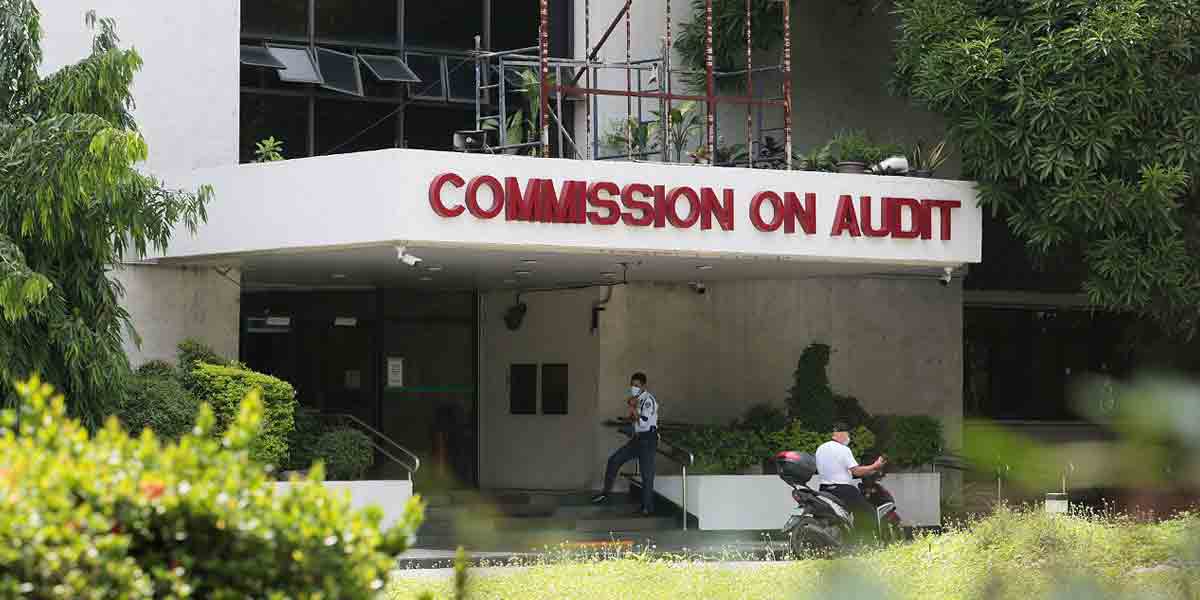The ongoing conflict between the Department of Public Works and Highways-Iloilo City District Engineering Office (DPWH-ICDEO) and the city’s Office of the Building Official (OBO) has transcended bureaucratic inefficiency, morphing into a political spectacle that primarily affects the public.
As DPWH-ICDEO Engr. Roy Pacanan pointed out, the delays in issuing permits have significantly hampered the completion of essential infrastructure projects, depriving the community of their benefits and causing financial losses to the government.
The tension between these two bodies became particularly pronounced following the “political divorce” between Mayor Jerry Treñas and Rep. Jamjam Baronda. It is no coincidence that City Hall’s scrutiny and subsequent obstruction of DPWH projects, which are closely associated with Baronda, escalated post-separation. This political rift has diverted focus from public service to political point-scoring, undermining the welfare of the Ilonggos.
Pacanan’s frustration was palpable as he detailed the bureaucratic inertia that has left several projects in limbo.
While Phase 1 of the Mandurriao Public Market was completed in June 2022, Phase 2 remains 95 percent complete and stalled due to pending permits. Similarly, multi-purpose buildings in various barangays are either suspended or await further funding, all caught in the web of delayed documentation.
In response, the OBO has defended its position, stating that many projects either lacked initial applications or had submitted incomplete or non-compliant documents. The OBO insists it has adhered to the legal requirements under the National Building Code of the Philippines (NBCP) and that the delays stem from the DPWH-ICDEO’s failure to rectify deficiencies, secure lot owners’ consent, and comply with local government approvals.
Despite the OBO’s assertions, the broader narrative suggests a political undertone. The timing and intensity of these bureaucratic roadblocks appear aligned with the political fallout between Treñas and Baronda. Such politicization of administrative processes threatens to erode public trust and delay projects that are critical to community development.
This bureaucratic impasse also raises questions about the transparency and efficiency of city governance. The Anti-Red Tape Authority’s assessment of Iloilo City as fully compliant with RA 11032, the Ease of Doing Business and Efficient Government Service Delivery Act, underscores the irony of the current situation. If the city is indeed compliant, why do these delays persist?
Engr. Pacanan has hinted at invoking RA 11032 to expedite the processing times for applications. Section 9(b) of the Act mandates that simple transactions be processed within three days, complex ones within seven, and public risk-related activities within 20 days. This legal route may offer a reprieve, but it does not address the root of the problem: the political discord between city officials and the DPWH.
It is imperative for Mayor Treñas and the DPWH to mend their working relationship for the sake of public welfare. The current climate of political clout-chasing undermines the very essence of public service. Delayed infrastructure projects mean delayed progress, affecting everything from market accessibility to educational facilities.
The political strife between Treñas and Baronda is an unfortunate backdrop to the city’s pressing developmental needs. The public should not have to bear the brunt of political rivalries. Instead, leaders must rise above their differences and prioritize the common good. Mayor Treñas, in particular, has a responsibility to ensure that his administration does not sacrifice public welfare for political gain.
As Engr. Pacanan aptly noted, the completion of these delayed projects hinges on the cooperation and prompt action of all involved government agencies. It is a call for unity, efficiency, and a return to the fundamental principles of governance: serving the people.
In conclusion, the political clash between the DPWH-ICDEO and the OBO has far-reaching implications beyond the immediate bureaucratic delays. It affects the public’s trust in their leaders and the timely delivery of essential services. Mayor Treñas and his administration must act swiftly to resolve these issues, ensuring that political disputes do not continue to hinder the city’s progress. The future of Iloilo’s infrastructure and the well-being of its citizens depend on it.





















